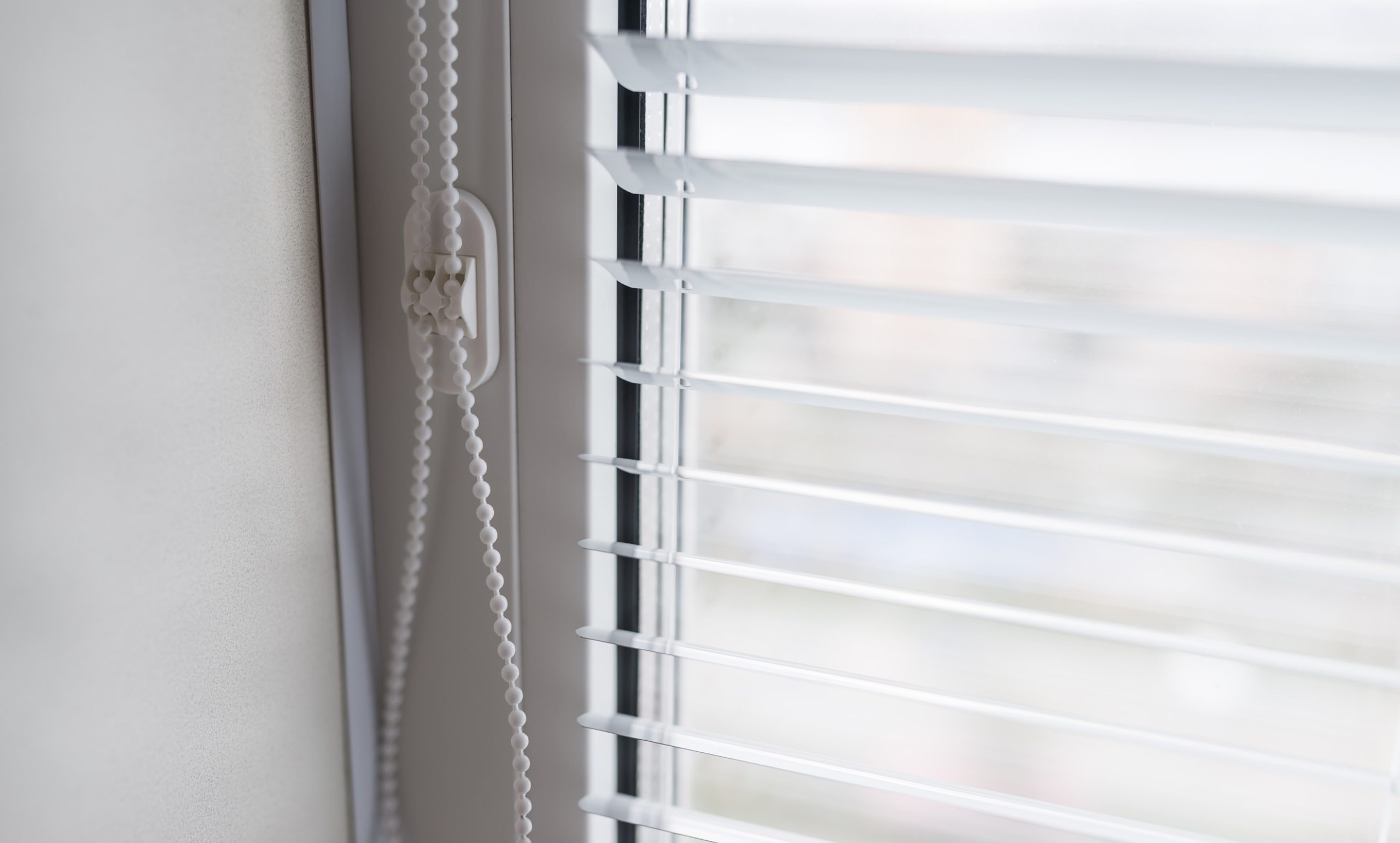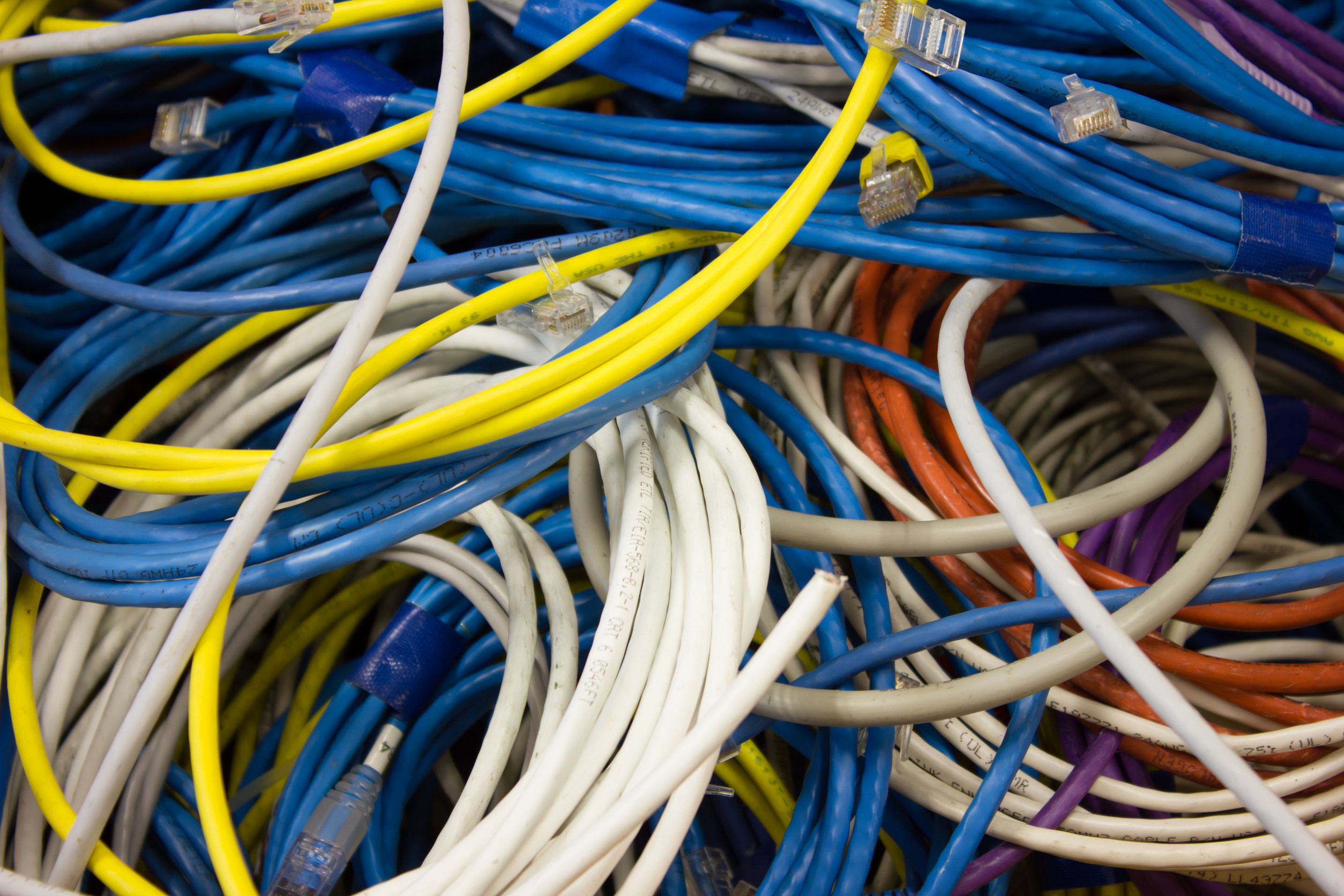We often think of home as a safe haven, but everyday items tucked away in cabinets and drawers may silently risk our health or safety. Learning what to toss can clear clutter and prevent long‑term problems like mold, toxins, or accidents. From banned household goods to expiration‑ridden meds, these eight home hazards deserve a hard pass. By removing them, you’ll create a safer, cleaner space and peace of mind. Let’s dive into what you should never keep in your home.
Home Hazards You Might Be Holding Onto

Image Source: 123rf.com
1. Lead Paint, Mercury Thermometers & Corded Blinds
Believe it or not, some folks still have lead-based paint in older homes or mercury thermometers tucked in a drawer. Lead paint was banned federally in 1978, and mercury thermometers pose serious poisoning risks. Corded window blinds are also banned due to strangulation hazards—yet they remain in many houses. These hidden hazards aren’t just banned—they’re dangerous. If you find any, replace or remove them immediately.
2. Expired Medications
Expired drugs aren’t just ineffective—they can harbor bacteria or chemically degrade in ways that may harm you. Experts and even the FDA recommend using drug take‑back programs rather than disposing of them at home. Keeping old prescriptions also increases the risk of misuse or accidental ingestion. That dusty medicine cabinet is a ticking time bomb. Clear it out and safely dispose of anything past its date.
3. Toxic Household Cleaners and Paint
Many cleaners and paints emit volatile organic compounds (VOCs), which can linger in your home and impact indoor air quality. If you’ve stored half-used paint cans or harsh chemicals for years, they’re a hidden fire and health hazard. Experts advise discarding unused containers safely and buying only what you’ll use soon. Exposure to VOCs has been linked to respiratory problems and other health issues. Getting rid of these will reduce both clutter and risk.
4. Scratched Non-Stick Cookware & Black Plastic Utensils
Damaged non-stick pans release dangerous PFAS chemicals and flake into food. Similarly, black plastic utensils may contain flame retardants and hormone disruptors identified in new studies. These toxins accumulate over time and may raise cancer risks. Even if the handles look fine, chemicals can leach when heated. It’s safer—and cheaper long-term—to replace them with stainless steel or wood.
5. Mold-Prone Items (Sponges, Books, Carpets)
Objects that trap moisture breed mold—sponges, carpets, bathroom corners, and even paperbacks can harbor hidden spores. Mold exposure can exacerbate allergies and cause respiratory issues. Sponges should be replaced weekly, and books stored dry. Damp carpets, especially in basements, are mold magnets. If it’s soggy or smells musty, toss it or clean it thoroughly.
6. Expired Beauty Products & Cool Skin Care Tools
Makeup, lotions, and skincare items lose potency and safety after their expiry, growing microbial contamination. Even unopened products degrade and may irritate your skin or lead to infections. Professional organizers advise tossing anything past its shelf life. Be strict: if it’s old, it’s gone. Clean beauty routines start with fresh products.
7. Old Plastic Food Containers
Plastic containers warp, crack, and release chemicals like BPA or phthalates over time. Those with scratches or cloudiness are essentially ticking toxins. Replace them with glass or safe-grade plastics. Dispose of old ones responsibly—recycle if accepted. Your leftovers will taste better and stay safer in a new container.
8. Unused Wires, Chargers & Manuals

Image Source: 123rf.com
That tangled drawer of obsolete cords, chargers, and appliance manuals is a classic clutter trap. Organizers say to eliminate gadgets you don’t own or need, and manuals you can look up online. Clearing it out not only frees space, but it also reduces trip hazards and waste. Digitize manuals, recycle e‑waste, and keep only what’s truly useful. A tidier, safer home starts with fewer pointless items.
When Less Becomes More Safe & Healthy
Clearing these eight home hazards can significantly improve your living space—and your well-being. Tossing expired meds, chemicals, and mold-prone items boosts cleanliness and reduces risk. Replacing toxic cookware and plastics ensures healthier meals. And removing clutter lifts your mind as well as your rooms. A safer, simpler home is within reach—just start tossing.
Which of these home hazards surprised you most? Have you already cleared out any of these items, or thinking about it now? Share your stories in the comments and help others declutter smartly!
Read More
Are You Addicted to Groceries Delivered To Your Home? 13 Warning Signs
5 Foods You Should Never Buy at the Grocery Store (And Make at Home Instead)

